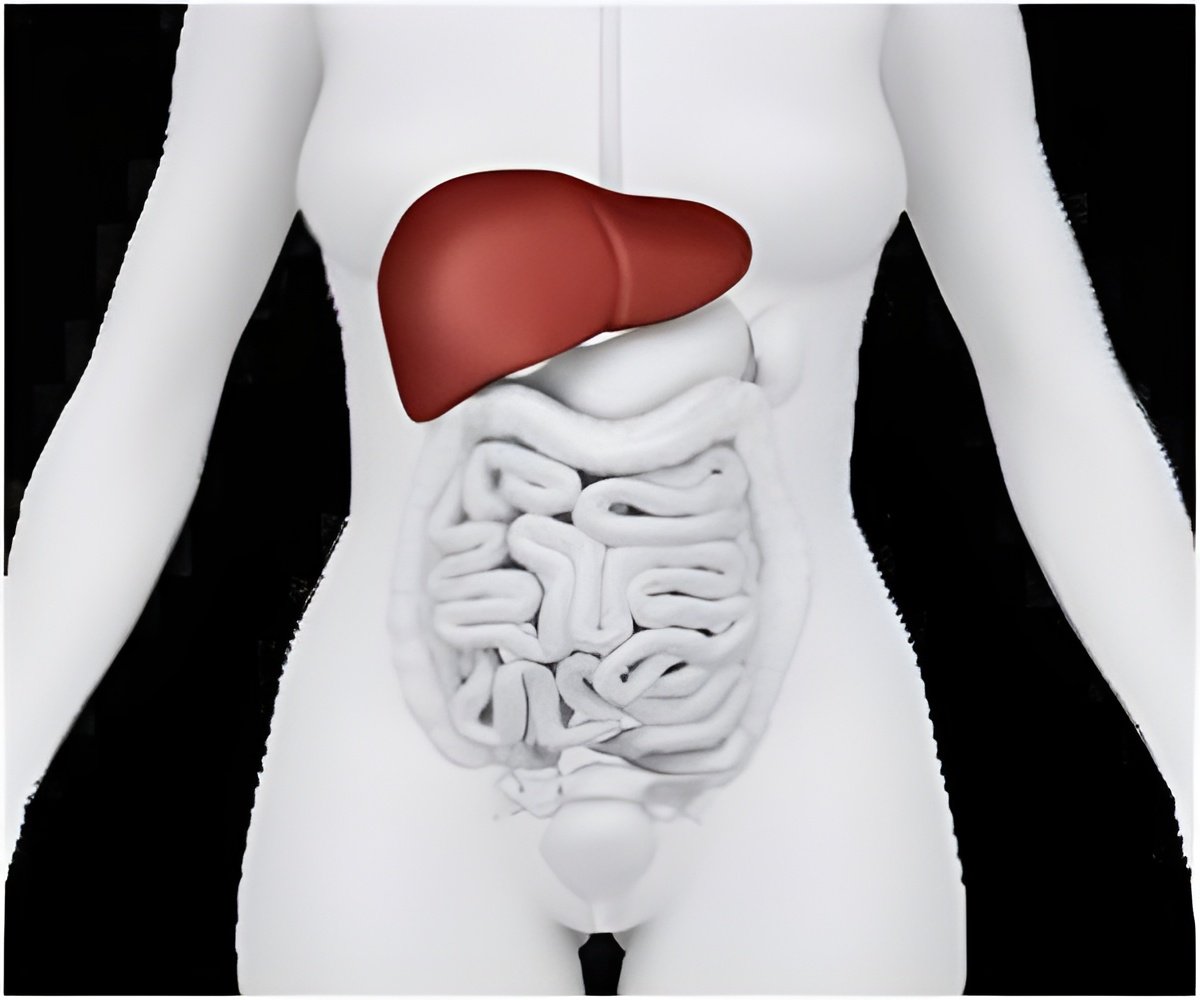Using a zebrafish model researchers were able to uncover new informations that might help to diagnose and treat hepatocellular carcinoma - a most common form of liver cancer in humans. The study shows that zebrafish are a powerful and cost-effective model to study liver cancer. Gong and Parinov publish their results in
Disease Models & Mechanisms.
Previous work indicated that cancer cells from patients with HCC always have abnormally high activation of a cellular pathway called Ras. However, whether and how the Ras pathway actually causes liver cancer was not clear. To focus in on this issue, Gong and Parinov generated zebrafish that are genetically engineered to express a cancer-causing form of Ras (krasV12) in the liver. Fish that had the highest expression of krasV12 all died rapidly of malignant liver cancer (mostly within 30 days), whereas fish with lower krasV12 expression survived for longer and did not develop full-blown liver cancer. These results suggest that only very high levels of Ras pathway activation can cause HCC.
The researchers also uncovered abnormalities in several other cellular pathways in zebrafish that developed liver cancer, and genetic studies confirmed that the progression of disease happens similarly in zebrafish and humans. This allowed the researchers to establish a 'genetic signature' for HCC, which could potentially be translated into a method for diagnosing the disease in humans. In addition, the stage of cancer is an important factor in determining how patients should be treated. In this study, the researchers determined genetic signatures that were specific to early- and late-stage liver cancer, which might help in planning treatment regimes for patients with HCC.
These new findings using a zebrafish model of HCC should help to guide studies of this complex cancer in humans. Although validation studies in patients with HCC are required, this work provides new evidence that drugs targeting the Ras pathway are a promising avenue for therapy.
Source-Eurekalert















